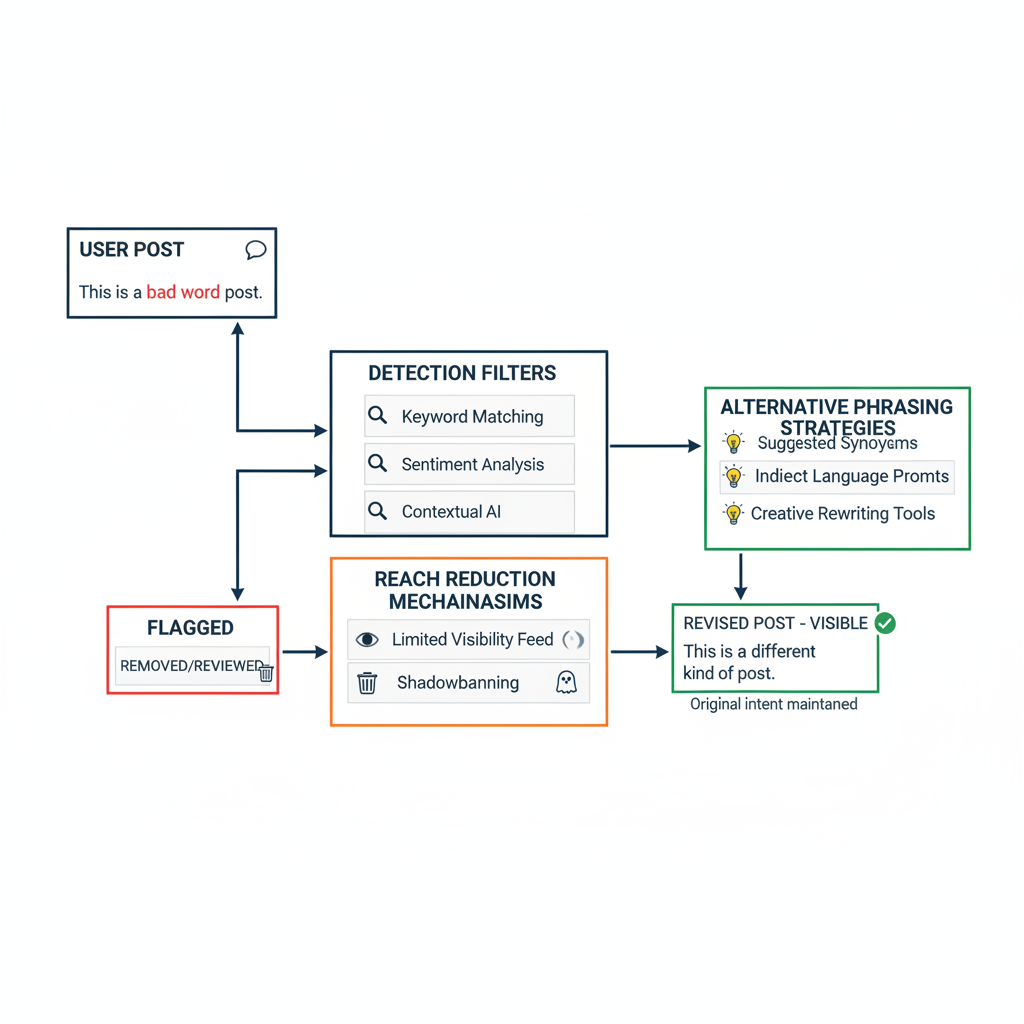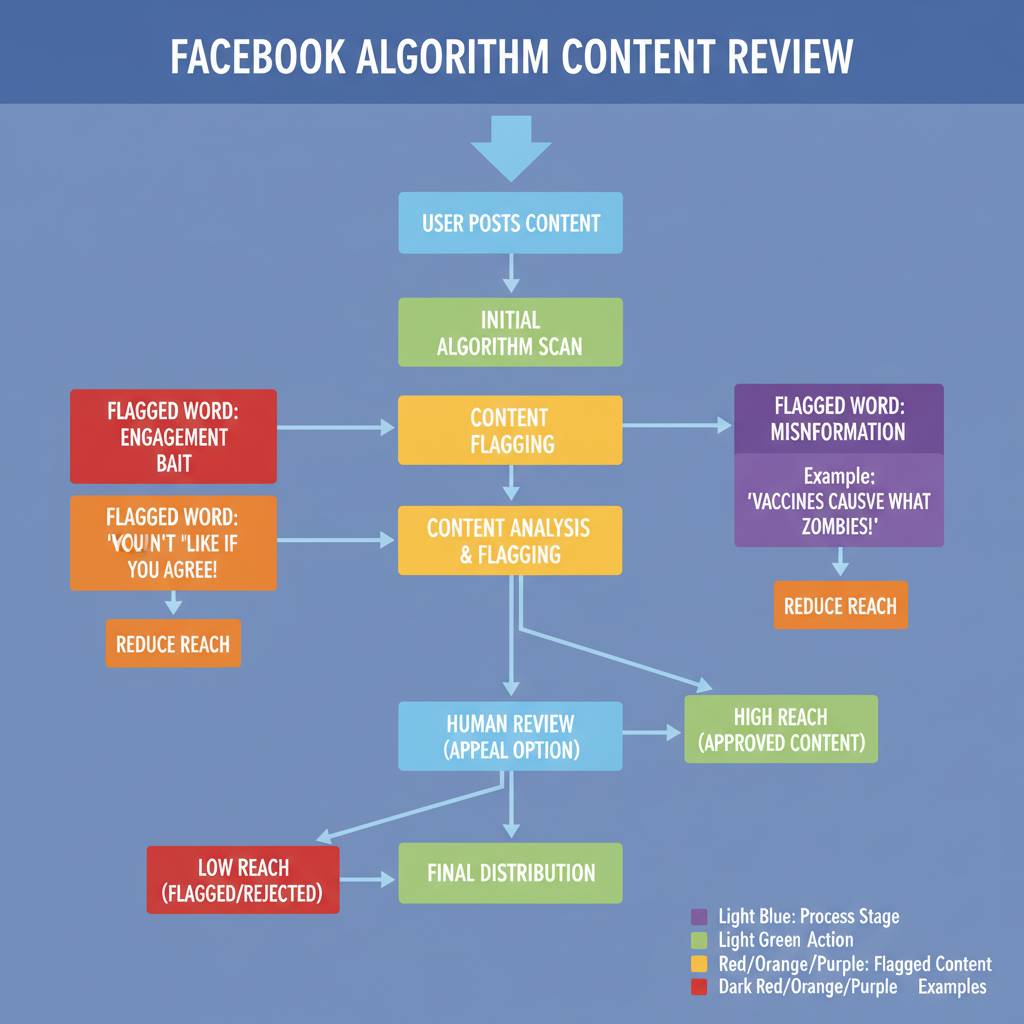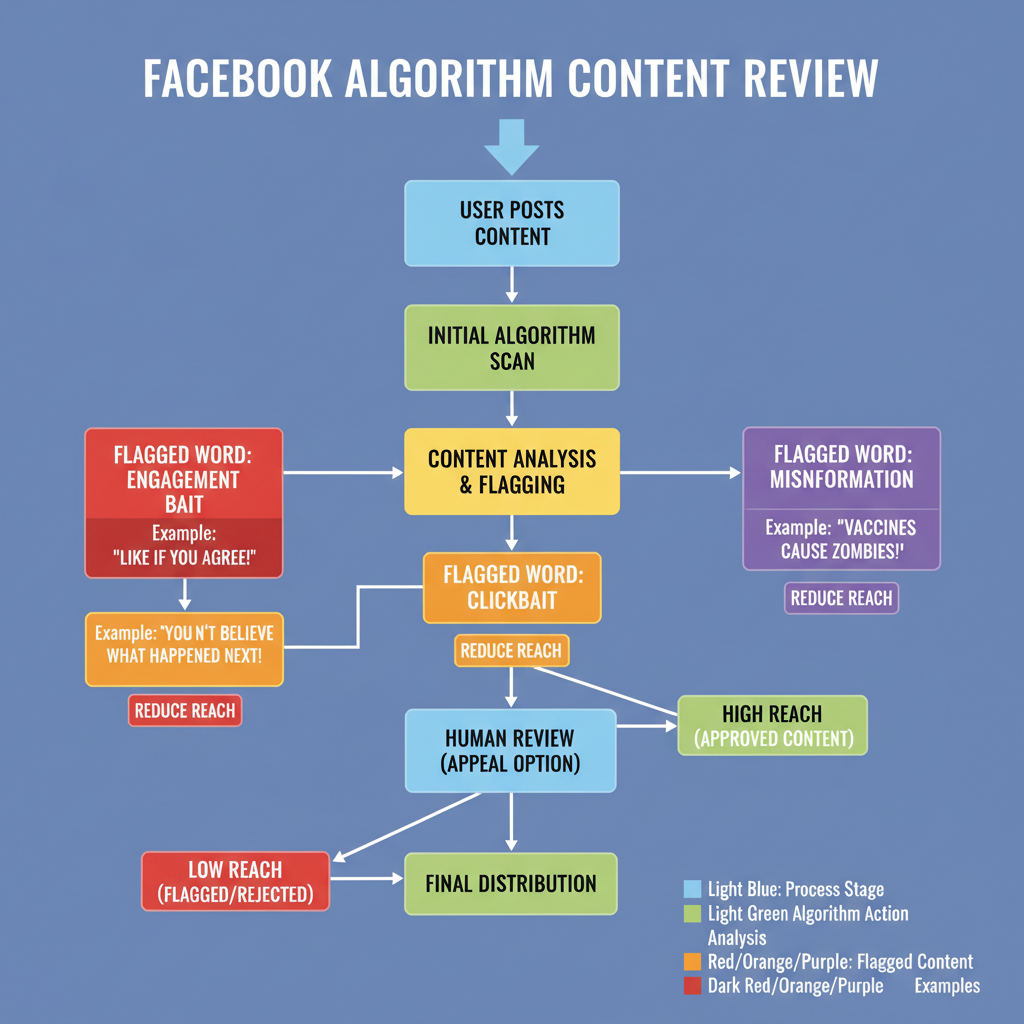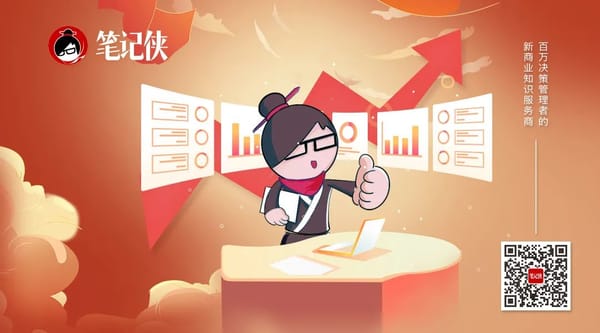Facebook Algorithm Words to Avoid to Boost Post Reach
Learn which words to avoid in Facebook posts to prevent algorithm penalties, boost organic reach, and keep your social media content visible.

Understanding the Facebook Algorithm and Words to Avoid
If you want to increase your Facebook reach and keep your posts visible to your audience, you need to understand how the Facebook algorithm works—especially how certain words can trigger reduced visibility. The algorithm ranks content based on factors like engagement, relevance, and recency, but it also filters for spammy or misleading language.
By knowing which words to avoid and how to phrase your posts effectively, you can stay in the algorithm’s good graces and grow your organic reach.
The Facebook algorithm determines which posts appear in users’ News Feeds and in what order. It evaluates millions of signals such as user engagement, post type, recency, and relevance.
This process aims to show people the most engaging and meaningful updates, while reducing the visibility of spam, misleading, or low‑quality posts.
In recent years, Facebook has updated its algorithm to crack down on engagement bait, clickbait, and misinformation. Certain words and phrases can trigger automatic downranking, silently limiting your post reach.

If you’re using Facebook for marketing, community building, or branding, understanding which words can harm your reach is essential. By avoiding problematic phrasing, you can keep your posts algorithm‑friendly and ensure they reach more of your target audience.
---
Why Certain Words Trigger Reduced Reach
The algorithm penalizes specific keywords because they often signal content patterns Facebook wants to reduce:
- Spam indicators — Posts that push overt engagement requests.
- Clickbait language — Overpromises leading to underwhelming or misleading content.
- Misinformation cues — Words tied to false claims, conspiracy theories, or regulated sensitive subjects.
Meta (Facebook’s parent company) uses advanced Natural Language Processing (NLP) to detect and limit these types of content. Even innocent use of flagged words can raise suspicion and reduce distribution.
---
Common Engagement Bait Words to Avoid
“Engagement bait” refers to explicitly asking users to take actions like liking, sharing, or commenting with the primary purpose of boosting post popularity. Facebook directly demotes such content.
Examples to avoid:
- "Like this post"
- "Share now"
- "Comment YES"
- "Tag a friend"
- "Vote with an emoji"
- "React to win"
- "Click like if..."
Although these phrases may seem harmless, the algorithm often flags them as manipulative—resulting in lower visibility.
---
Words Linked to Clickbait or Sensationalism
Intriguing headlines can attract attention, but Facebook’s system penalizes exaggerated or misleading hooks.
Examples of risky clickbait terms:
- “Shocking”
- “You won’t believe”
- “What happens next will blow your mind”
- “Unbelievable”
- “Insane”
- “OMG”
- “Jaw-dropping”
Posts with these terms can overpromise and underdeliver, eroding user trust and reducing future reach.

---
Banned or Restricted Words Tied to Misinformation
Facebook enforces strict policies regarding misinformation, especially about health, politics, finance, and safety. Even accurate content can be affected if it contains flagged words.
Examples include:
- Disease-related terms during sensitive periods (e.g., pandemics).
- Election-related triggers (e.g., “rigged vote,” “ballot fraud”).
- Conspiracy-linked terminology.
- Urgency phrases tied to hoaxes (e.g., “Act now before it’s too late” in crisis contexts).
Context matters, but the algorithm is not perfect—false positives can happen.
---
Impact of Flagged Words Across Different Content Areas
It’s not just your main feed posts at risk. The algorithm reviews:
- Captions: Text accompanying your media.
- Comments: Responses to followers can trigger suppression if containing repeated flagged terms.
- Ad copy: Meta Ads Manager applies stricter reviews; flagged words risk ad rejections and lower relevance scores.
- Live video descriptions: Live broadcasts are closely monitored for policy compliance.
| Content Area | Potential Impact of Flagged Words |
|---|---|
| Caption | Lower organic reach; reduced visibility to followers |
| Comments | Engagement devalued; may suppress thread visibility |
| Ad Copy | Disapproval; higher CPC; limited audience targeting |
| Live Descriptions | Possible removal; reach suppression during live broadcast |
---
Alternative Phrasing to Maintain Engagement
Avoiding certain keywords doesn’t mean dull or disengaging content. Focus on creating curiosity, value, and relevance.
Instead of:
"Like this if you agree"
Try: “We’d love to hear your thoughts—what’s your take?”
Instead of:
"Share now"
Try: “If this was helpful, pass it along to someone who might need it.”
Instead of:
"Tag a friend"
Try: “Know someone who’d enjoy this? Send them a quick note.”
This way, you encourage organic interaction without triggering penalties.
---
Context, Relevance, and Value
The Facebook algorithm boosts posts that:
- Provide genuine value — Informative, entertaining, or educational.
- Stay relevant — Address audience needs and interests.
- Encourage authentic engagement — Use open-ended questions and relatable stories.
By focusing on quality and audience fit, you inspire engagement naturally—without relying on restricted phrases.

---
Testing Your Copy Before Going Live
A proven way to identify safe and effective wording is A/B testing. Share two versions of a post:
- Version A: Contains a potentially risky term.
- Version B: Uses alternative, neutral phrasing.
Monitor:
- Reach
- Engagement rate
- Click-through rate
- Shares
If the alternative phrasing performs better, it’s a sign the flagged term was reducing your reach. You can also consult Meta’s Content Distribution Guidelines to anticipate restrictions.
---
Checklist: Best Practices for Facebook Post Wording
Run through this list before you hit publish:
- Avoid explicit “like/share/tag” prompts.
- Remove exaggerated or misleading claims.
- Double-check sensitive terms (health, politics).
- Use alternative CTAs encouraging authentic interaction.
- Deliver relevant, value‑rich content.
- Test variations for optimal performance.
---
Final Thoughts and Next Steps
Increasing Facebook reach isn’t about exploiting loopholes; it’s about aligning with how the algorithm rewards authentic, high‑value interactions.
Choose words intentionally to avoid spam signals and misinformation flags. With mindful phrasing and a focus on audience needs, your Facebook content can flourish without falling into the trap of banned or penalized terms.
Take action: Audit your recent posts for flagged words, experiment with alternative phrasing, and track the improvements in your reach. Consistent, value‑driven communication is your best long‑term algorithm strategy.



